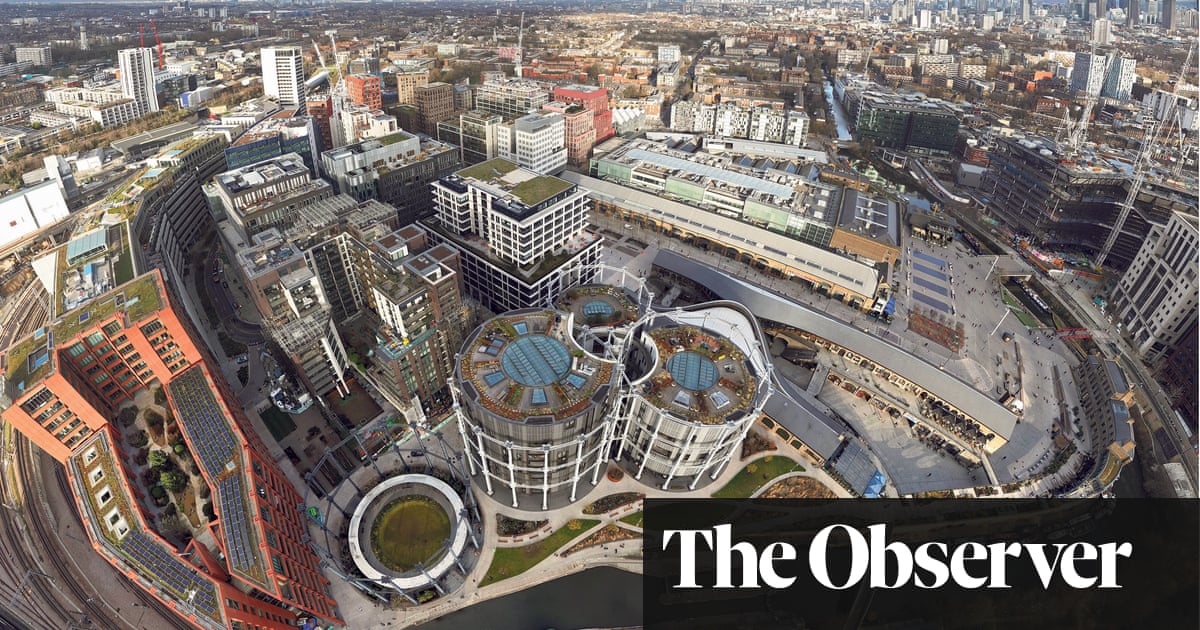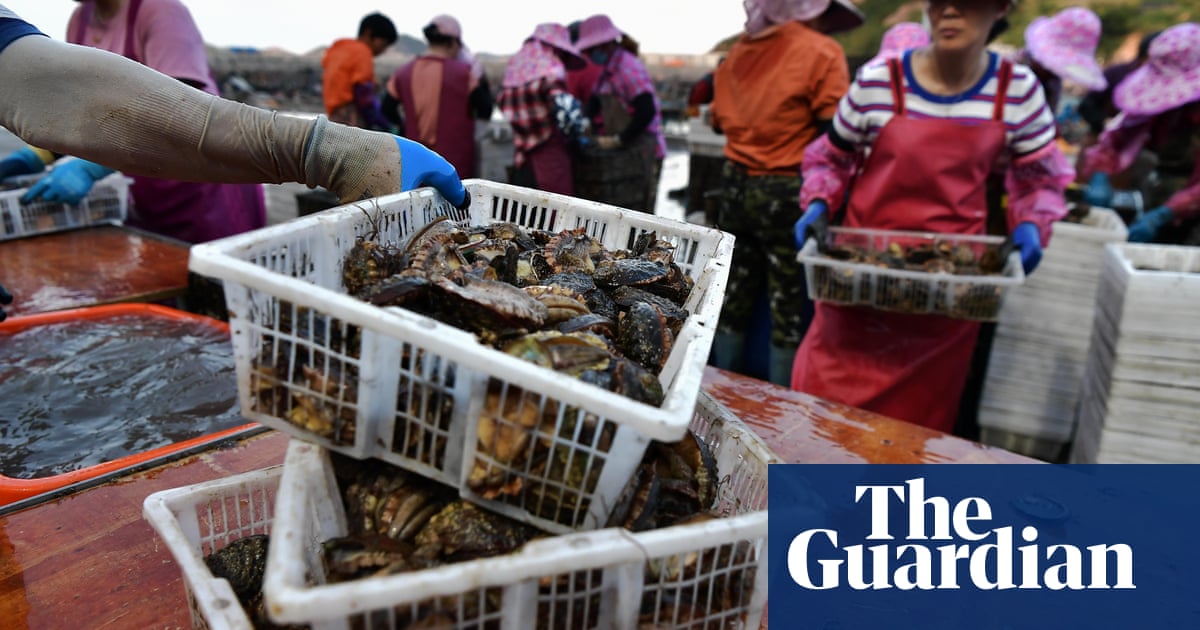
DUBAI: For the Lebanese non-governmental organization Beit El Baraka, and for Lebanon itself, 2020 has been a seemingly unending series of hardships: the banking crisis, the COVID-19 pandemic and, of course, the August 4 explosion in Beirut port that wrecked many areas of the city.
For the latest updates, follow us on Instagram @arabnews.lifestyle
“The more time is passing, the more we realize that we are needed more than ever and this saddens me a lot,” Beit El Baraka’s founder Maya Chams Ibrahimchah tells Arab News. “The state is completely absent. NGOs are doing everything. My aim for Lebanon is that institutions like Beit El Baraka are no longer needed. This would be my dream.”
Since its foundation in 2019, the non-profit organization has been operating a points-based free supermarket in Beirut, stacking shelves with a variety of products for the country’s elderly communities, as well as impoverished families with children. Beit El Baraka has also offered to pay its beneficiaries’ electricity, rental and water bills, as well as supply hundreds of students with laptops and Wi-Fi routers during lockdown.
Following the deadly Port of Beirut explosion, Ibrahimchah and her team — who have raised $3,000,000 in the past few months — stepped up their efforts by helping to restore three schools, approximately 1,000 homes, and more than 200 shops that had been damaged in the blast.
The team is ending the year on a sweet and savory note, literally. “Kanz by Beit El Baraka” is the NGO’s latest venture — a culinary line of handcrafted homegrown delicacies produced by Lebanon’s rising contemporary chefs. It is also an attempt for the organization to become self-sustainable against a backdrop of “donor fatigue” — as Ibrahimchah puts it — as opposed to depending solely on private donations.
In Arabic, ‘kanz’ means ‘treasure,’ an essential detail of Ibrahimchah’s vision. “The lands of Lebanon are a treasure,” she explains. “We’re one of the only countries in the Middle East and North Africa that has four perfect seasons. This gives you the possibility of planting and using your land.”
Encouraging local food production has always been part of Beit El Baraka’s ethos, using its farms to produce fresh fruits and vegetables that are available at the supermarket. The shocking reality is that Lebanon, known for its vast arable lands, imports 80 percent of its food.
“It’s because of corruption,” notes Ibrahimchah. “In 1993, people who were in power needed to trade something with neighboring countries. In return for their seats, they traded the borders — opening them for agricultural produce — and automatically we were swamped with potatoes, rice and flour.”
So far, Kanz has been successful. Its first batch of 1,000 high-end tote bags is almost sold-out. Adorned with a dainty drawing of two traditionally Lebanese arch windows, each bag is filled with 13 treats including sage water, blond honey from the Tannourine village, wild Lebanese herbs-infused olive oil, and coarse salt with lavender.
The ‘Selection des Chefs’ tote bag, on the other hand, includes sweet creations such as lavender cookies and fruity onion marmalade cooked up by Lebanese professionals Rouba Khalil, Pierre Abi Hayla, Youssef Akiki and Hussein Hadid.
“It is very important to remember that we have local chefs who have done what very few can do considering the difficult circumstances in Lebanon — they were able to make it. Today, these four are the top chefs in the Lebanese scene,” says Ibrahimchah.
One of Lebanon’s youngest chocolate connoisseurs Abi Hayla prepared tons of high-quality chocolate enrobed meringues from his artisanal boutique, Le Noir Chocolat. “I was more than happy to be part of it,” he says. “I made three kinds of meringues with pistachios, hazelnuts and almonds. I decided to buy the nuts from small and local suppliers. That way, we’re indirectly helping them continue, given the current situation in Lebanon.”
Meanwhile, Khalil — who made the life-changing decision of shifting careers from engineering to catering by opening her namesake pastry shop last year — offers portions of quirky caramel popcorn. “It’s purely a logistical and taste issue. Popcorn was an easy way of making 700 items ready before Christmas,” she says. “I chose popcorn because it represents me: It’s super sweet, salty and crunchy. I even call it ‘crack’ popcorn because it’s a little bit addictive.”
The bags also include a delicate vase and candle, manufactured by one of the country’s last glassblowers. Ibrahimchah describes this as “the most painful part of all our work.” The vases are created from broken glass fragments collected in the aftermath of the port explosion, creating something beautiful from all the destruction.












